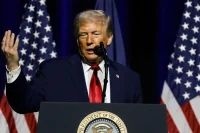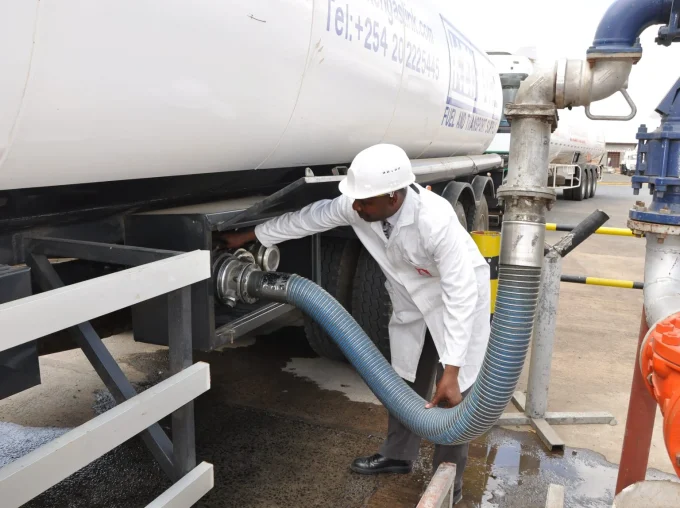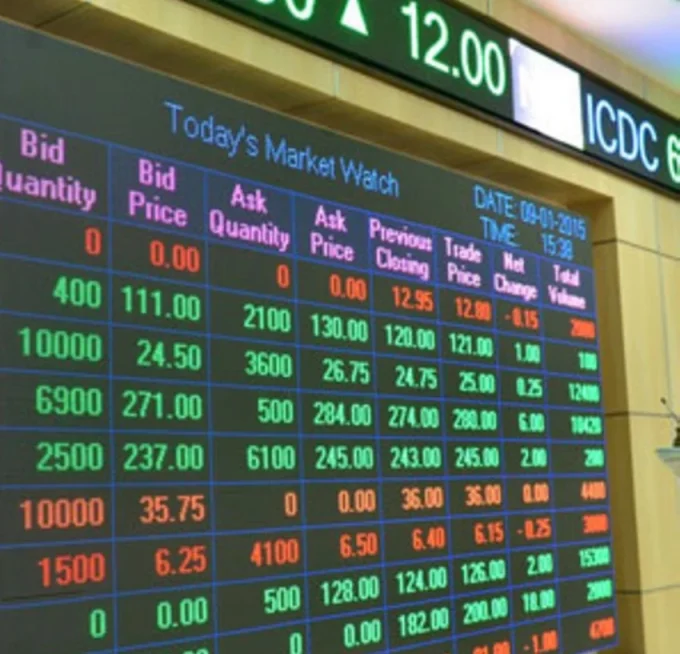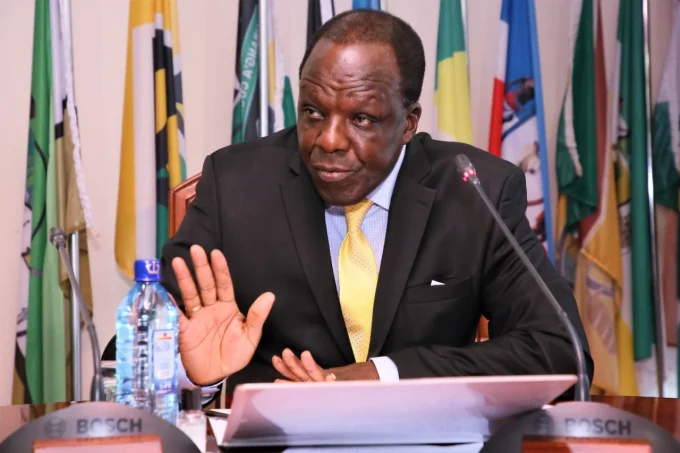On Sunday, April 18, what many fans of European football had long feared became official.
12 elite clubs – including the Premier League’s ‘Big Six’ – confirmed an agreement to establish the European Super League. The Super League would be the richest football competition in the world, with founding clubs set to benefit from a massive 3.5 billion Euro package.
Financing for the competition has reportedly been secured from US investment bank JP Morgan Chase.
It has sparked a massive storm, and has been roundly condemned by FIFA, UEFA, the English FA, the Premier League, the Royal Spanish Football Federation (RFEF), LaLiga, the Italian Football Federation (FIGC) and Lega Serie A.
The 12 founding clubs are Arsenal, Chelsea, Liverpool, Man City, Manchester United, Tottenham, Real Madrid, Barcelona, Atletico Madrid, Juventus, Inter Milan and AC Milan. Critics of the Super League have described it as a blatant cash grab by the world’s richest clubs, warning that it will lead to the slow death of domestic leagues and destroy the larger football pyramid.
The Super League would be the closest thing in football to America’s lucrative ‘closed-shop’ leagues with no relegation such as the NFL. Those behind it, however, insist it is necessary to adapt to the needs of football’s global audience while responding to the impact of the Covid-19 pandemic.
Importantly, they want to keep participating in their domestic leagues with the Super League envisioned as a new elite continental competition – essentially usurping the UEFA Champions League. Matches are to be played in midweek.
“The pandemic has shown that a strategic vision and a sustainable commercial approach are required to enhance value and support for the benefit of the entire European football pyramid,” a statement from the founding clubs stated.
READ>>>>>EDITORIAL: To Safeguard Livelihoods, Unlock Sports and Entertainment in Kenya
It further revealed exactly how the new Super League would work.
Competition Format
- 20 participating clubs with 15 Founding Clubs and a qualifying mechanism for a further five teams to qualify annually based on achievements in the prior season.
- Midweek fixtures with all participating clubs continuing to compete in their respective national leagues, preserving the traditional domestic match calendar which remains at the heart of the club game.
- An August start with clubs participating in two groups of ten, playing home and away fixtures, with the top three in each group automatically qualifying for the quarter-finals. Teams finishing fourth and fifth will then compete in a two-legged play-off for the remaining quarter-final positions. A two-leg knockout format will be used to reach the final at the end of May, which will be staged as a single fixture at a neutral venue.
A lot about the Super League remains unclear, including the broadcast rights structure, how the five open spots would be awarded, and exactly how solidarity payments will be channeled to domestic leagues.
It is also unlikely to get off the ground without a spirited challenge from UEFA and domestic leagues. Clubs could be kicked out of European competitions including the Champions League and Europa League, as well as their domestic leagues.
In addition, players in the league could be banned from representing their countries in international competition.
“If this were to happen, we wish to reiterate that we – UEFA, the English FA, RFEF, FIGC, the Premier League, LaLiga, Lega Serie A, but also FIFA and all our member associations – will remain united in our efforts to stop this cynical project, a project that is founded on the self-interest of a few clubs at a time when society needs solidarity more than ever.
“We will consider all measures available to us, at all levels, both judicial and sporting in order to prevent this happening. Football is based on open competitions and sporting merit; it cannot be any other way. As previously announced by FIFA and the six Confederations, the clubs concerned will be banned from playing in any other competition at domestic, European or world level, and their players could be denied the opportunity to represent their national teams,” UEFA noted in its statement.
Even the UK Government led by Prime Minister Boris Johnson has criticized the plan. Johnson called for clubs involved to engage their fans and the wider football fraternity before proceeding with the plans.
“Plans for a European Super League would be very damaging for football and we support football authorities in taking action. They would strike at the heart of the domestic game, and will concern fans across the country,” he wrote.





![Interior PS Dr Raymond Omollo during a consultative meeting with Japan International Cooperation Agency (JICA) Kenya Chief Representative Shinkawa Makoto. [Photo/Dr Raymond Omollo/Facebook]](https://businesstoday.co.ke/wp-content/uploads/2026/02/Ray-200x133.webp)







Leave a comment